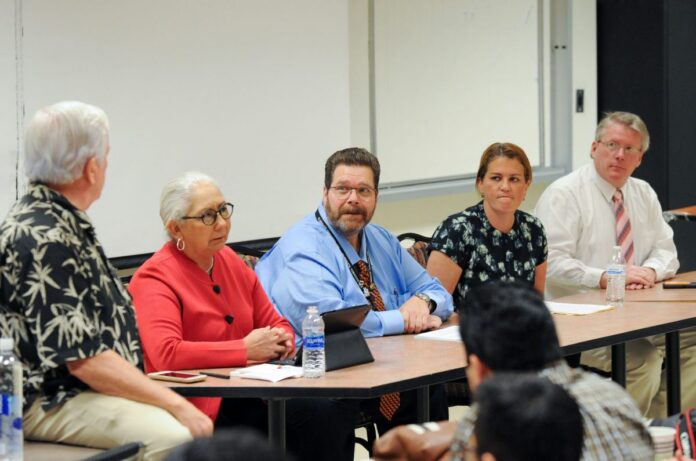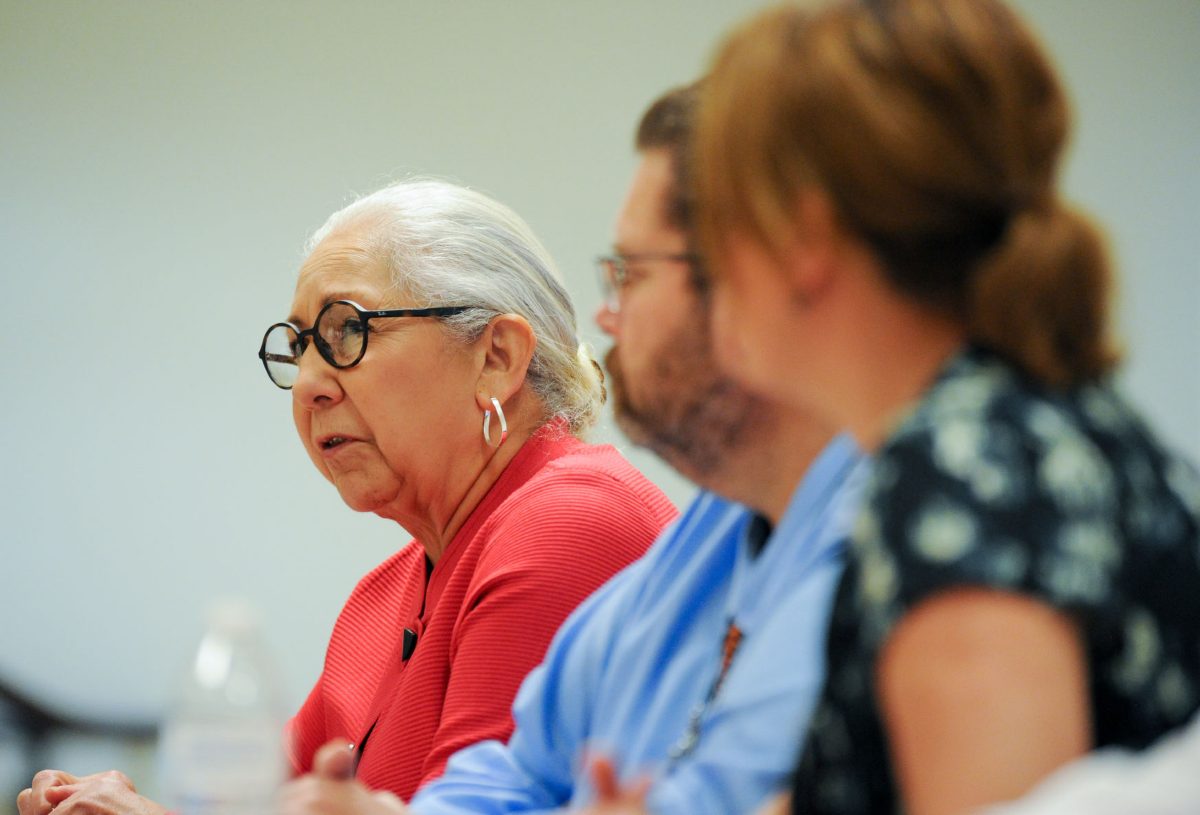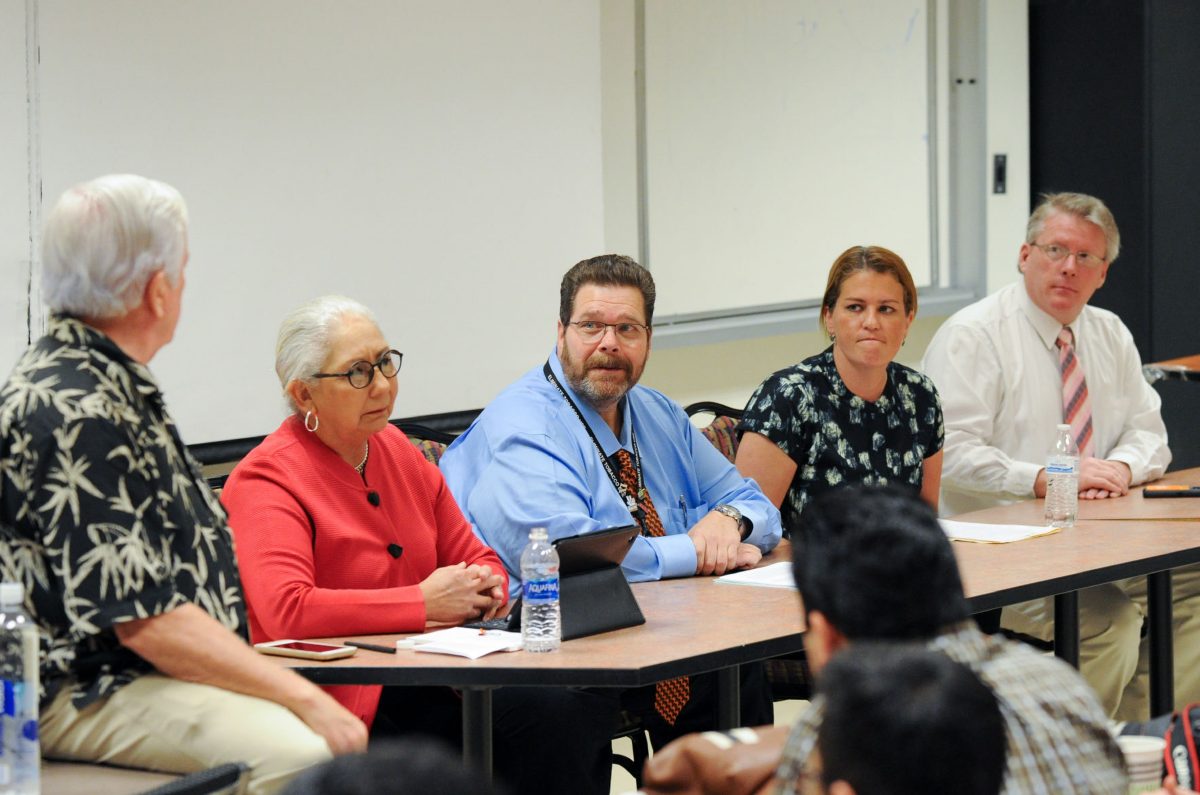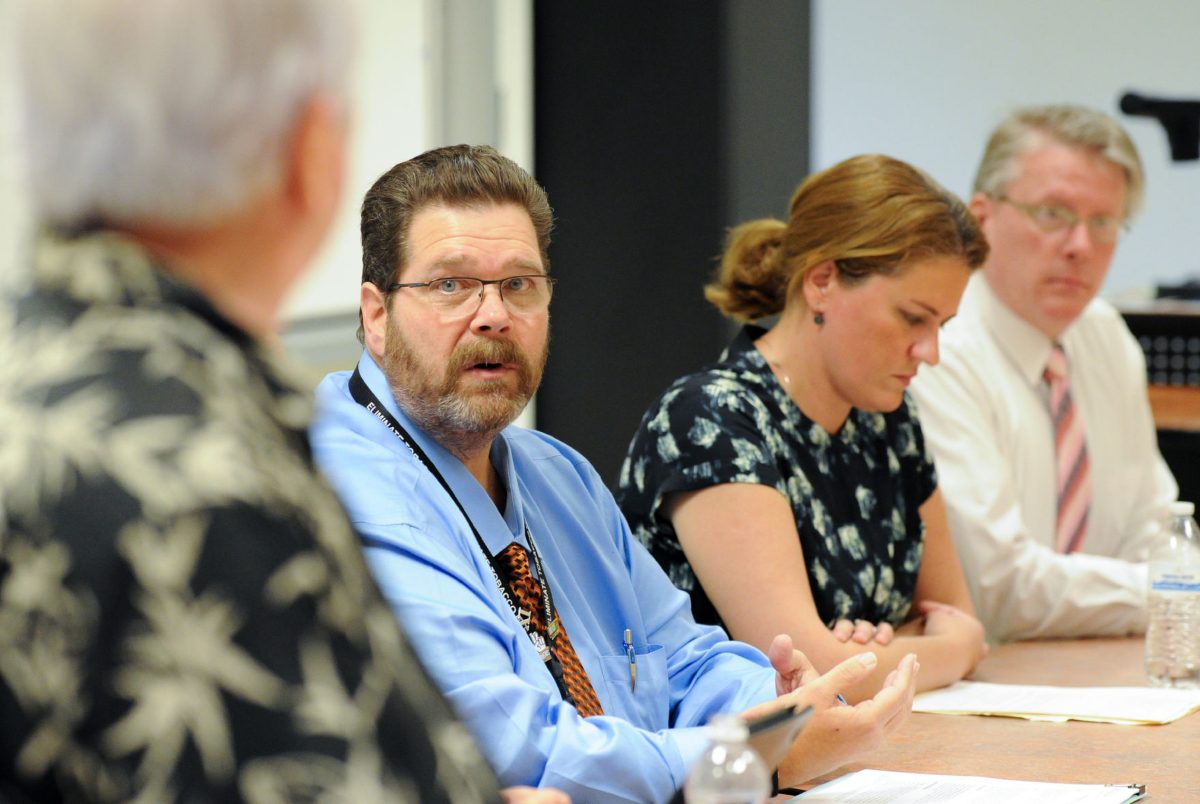
BROWNSVILLE — Allegations of sexual harassment against powerful men in media, politics and business are populating social media networks and creating headlines at a frantic pace.
BROWNSVILLE — Allegations of sexual harassment against powerful men in media, politics and business are populating social media networks and creating headlines at a frantic pace.
Most recently, Matt Lauer, former host of NBC’s “Today” show, was fired after allegations of inappropriate sexual behavior.
Lauer had it all. He made millions. Millions watched him every day on television. He was one of the most powerful men in the mainstream media.
While those millions of dollars and viewers, and the power that goes with it, scream success, it’s those exact attributes that embolden a culture of sexual harassment.
“I think it’s power and authority. It has something to do with sex, but that’s a weapon that’s used,” said Juliet V. Garcia, former president of the University of Texas at Brownsville and Texas Southmost College and professor of communication at the University of Texas Rio Grande Valley, said at the start of a panel discussion on sexual harassment held Thursday at UTRGV’s Brownsville campus.
Garcia was joined by UTRGV Associate Dean of Student Rights and Responsibilities Douglas Stoves, UTRGV Assistant Professor of Counseling James Whittenberg and UTRGV Psychology Lecturer Camilla Montoya. Students taking the gender and communication course taught by John Cook organized the panel.
Cook began the panel by asking its members about all of the accusations emerging on a seemingly daily basis. The panelists agreed that sometimes organizations create cultures that protect people, even when they may be sexual harassers.
“It becomes challenging, and some targets don’t come forward for fear of retaliation,” Whittenberg said.
Cook mentioned that famous people are able to abuse power by telling their targets that they won’t be believed because of that powerful person’s status.
The panelists also discussed how sexual predators groom their victims, like former Olympic gymnastics doctor Larry Nassar, who has pleaded guilty to criminal sexual conduct with seven girls. Garcia pointed out how Nassar would give gifts to the girls.
“Many predators establish relationships with vulnerable people,” she said. “These are tell-tale signs children need to be aware of.”
The panelists also reviewed UTRGV’s complaint process for the 50 or 60 students who showed up to the panel.
When asked whether society was making any progress on gender equality, which is essential to curbing sexual harassment, Montoya said that out of all high-paying jobs, females and males split the positions at about 50-50. But when it comes to CEOs, that level is 14 percent for women and 15 to 20 percent for women in politics. Garcia described gains in gender equality in the workplace as inching forward with each passing year.
Stove said he believes that difficult conversations and efforts like the #metoo movement are positive to highlighting an ongoing problem.
“Everything we’re talking about is an active process,” Stove said. “Change can happen naturally, or it can happen because it’s compelled to.”







